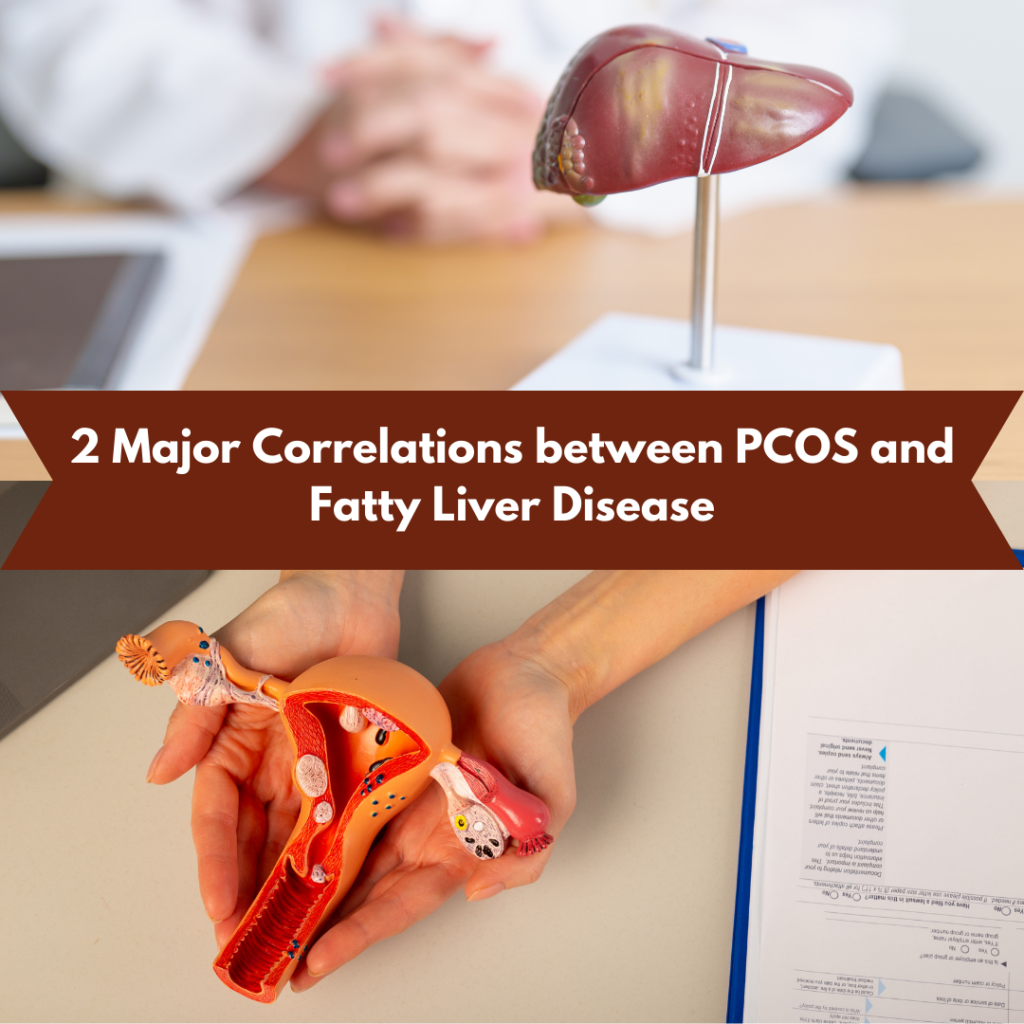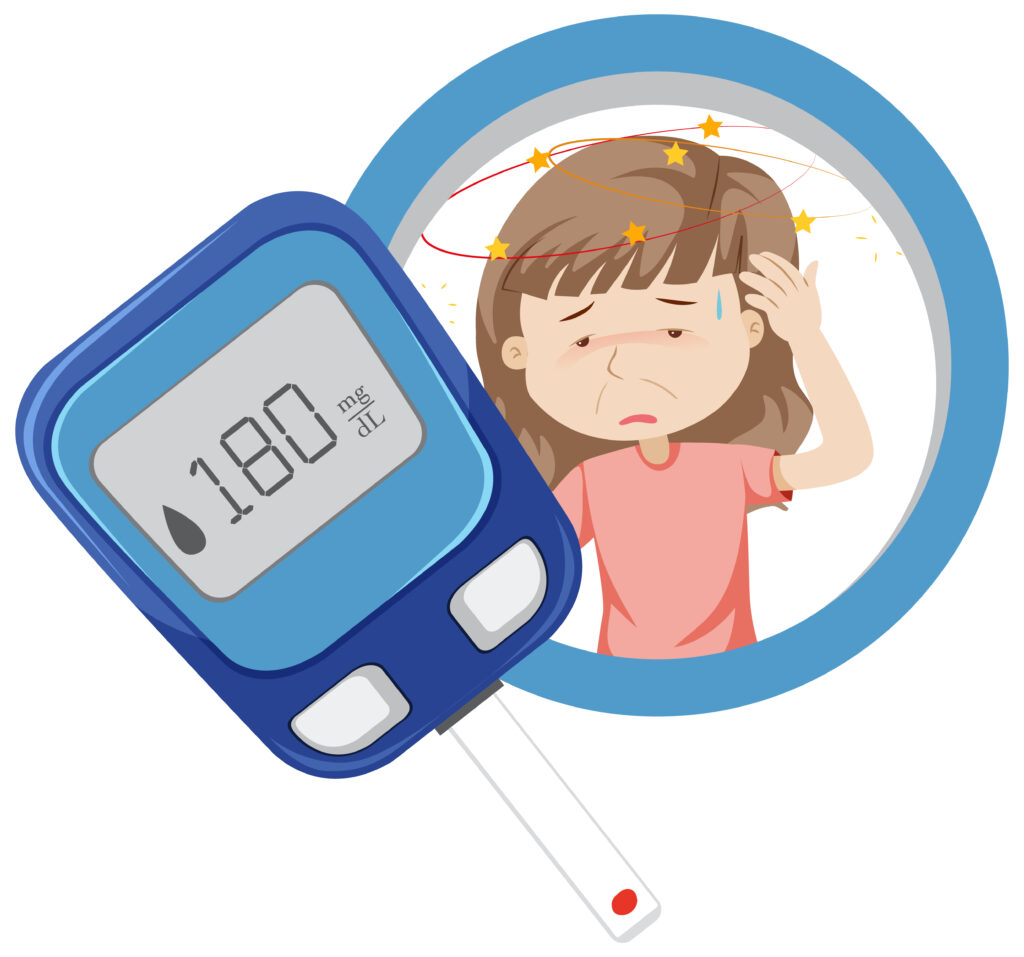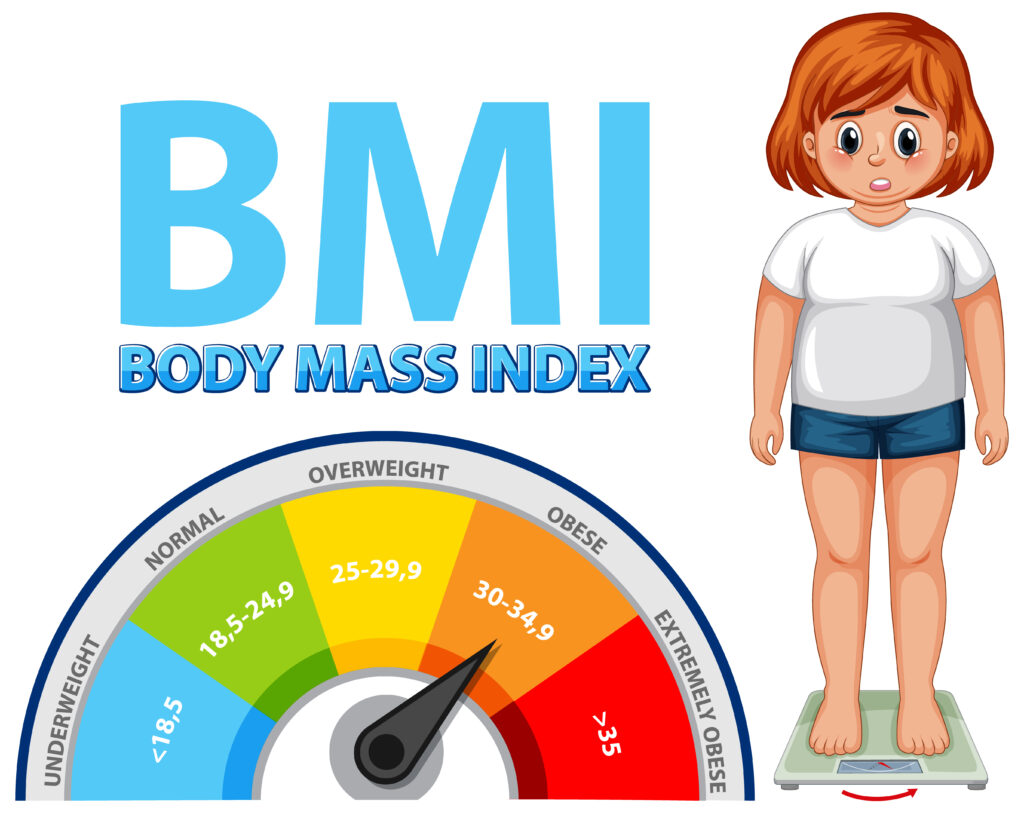PCOS has become a significant topic lately, as even minor disruptions in lifestyle are leading to more women developing it. There is insufficient awareness regarding the symptoms or the potential complications of fatty liver associated with PCOS.
The 2 Major Correlations between PCOS and fatty liver disease will help you get some insight and knowledge on something that is less discussed about..

What is Fatty Liver Disease?
Before now the 2 Major Correlations Between PCOS and Fatty Liver Disease, Let’s take a moment to read about fatty liver disease.
Fatty liver disease which is associated with PCOS is usually a non-alcoholic fatty liver disease.
Non-alcoholic fatty liver disease also called NAFLD is an accumulation of fat in the liver which is identical to alcoholic liver disease even though the person doesn’t consume alcohol. The prevalence of NAFLD is high in people with obesity, type 2 diabetes, and PCOS.
Possible Symptoms of NAFLD:-
- Nausea
- Vomitting
- Jaundice
- Loss of Appetite
- Ascites
2 Major Correlations Between PCOS and Fatty Liver Disease
The 2 Major Correlations between PCOS and Fatty Liver Disease are:-
- Insulin Resistance
Insulin resistance is the lesser-known complication of the 2 Major Correlations Between PCOS and Fatty Liver Disease. In a research, it was found that insulin resistance in PCOS was the primary cause of NAFLD. People who have insulin resistance-PCOS tend to accumulate fat cells more than normal women without PCOS. These fat cells also get accumulated or affect the liver causing non-alcoholic fatty liver.

This is usually less likely to be detected as symptoms are not something that you can rely on. A person gets detected with this only when the disease becomes chronic. Some studies show a relationship between Insulin resistance PCOS with NAFLD and cardiovascular risk.
Research on PCOS-women with NAFLD had increased levels of Insulin resistance compared to women who have only PCOS and no insulin resistance. But research has also told us that there are women who don’t have insulin resistance but still are diagnosed with NAFLD.
2. Obesity
Obesity is the most recognized factor in the 2 major correlations between PCOS and Fatty Liver Disease. This condition is increasingly prevalent in both developed and developing countries. Individuals may become obese due to unhealthy eating habits, hormonal imbalances, or mental health issues.
Obesity is a significant trigger for both polycystic ovary syndrome (PCOS) and non-alcoholic fatty liver disease (NAFLD). Adipose tissue, which stores fat cells, consists of two types: visceral and subcutaneous. Visceral adipose tissue lines your internal organs particularly the liver, stomach, and intestines. Subcutaneous adipose tissue is the one that lines right beneath your skin.

Visceral adipose tissue is more insulin resistant, meaning that in individuals who are obese and insulin resistant, fat cells tend to accumulate more in the body, particularly in the liver. This accumulation can lead to the development of NAFLD in women with PCOS.
Research indicates that individuals who are obese are not the only ones at risk of developing non-alcoholic fatty liver disease (NAFLD). Similarly, polycystic ovary syndrome (PCOS) is not exclusively caused by obesity, as some lean women also suffer from this condition. The same principle applies to NAFLD, as individuals with a lean or normal body mass index (BMI) who have PCOS can also be susceptible to this liver condition. One potential contributing factor may be elevated androgen levels, although further research is needed in this area.
2 Major Correlations Between PCOS and Fatty Liver Disease – Nutritional Management
Weight loss
A widespread solution that all of us know when it comes to PCOS is weight loss. The same applies to NAFLD, weight loss is the solution for anything PCOS-related. Research has shown that women with daily physical activity have shown a good decrease in PCOS elated NAFLD.
Physical activity is essential in everyone’s life, regardless of gender or health issues… I absolutely love the saying, “Moving your body is a privilege”! It’s such a great reminder that including some daily exercise in our routines can do wonders for us all. Daily exercise doesn’t always have to be going to the gym, a simple walking in the morning for 1hr or even 30 minutes will help you.

A research study has shown that walking between 6,000 and 10,000 steps daily can aid in weight loss for those with PCOS (polycystic ovary syndrome). Walking is an excellent low-impact cardio exercise that is beneficial for managing PCOS. While walking, you not only complete your cardiovascular workout, but also engage your muscles and provide overall exercise for your body.
Another great exercise is strength training! Strength training helps not only without fitness but also with your cortisol levels.
Click HERE for more on PCOS EXERCISES that you can do at home!
Diet
Along with exercise, the second key to success is diet. If your diet is lacking, no amount of exercise will lead to weight loss. Always remember, that what you consume shapes your health! Embracing a healthy diet is essential for a vibrant and disease-free life. Tackling the 2 Major Correlations Between PCOS and Fatty Liver Disease with diet is very important as eating or consuming fatty foods directly affects booth of these diseases
The biggest improvement you will see in PCOS is when you incorporate more protein into your diet, especially in the morning for breakfast. Insulin resistance is a major culprit in PCOS, and a protein-rich diet can help improve it. A diet high in protein can manage cravings, increase satiety, and reduce hunger pangs.

Some good protein sources are cottage cheese (Paneer), soybeans, eggs, chia seeds, salmon, and chicken breast which you can include in your meals. Including these and other sources of protein helps in blood sugar spikes and directly controlling your weight gain.
There is a common myth that eating carbohydrates leads to weight gain and should therefore be avoided. The truth is, consuming too many simple carbohydrates can contribute to weight gain. However, incorporating complex carbohydrates into your diet helps release glucose slowly into the bloodstream, which can prevent sudden spikes in blood sugar levels.
Complex carbs like millets, ragi, quinoa, oats, buckwheat, lentils, chickpeas, black beans, sweet potatoes, beets, blueberries etc. Now when you mix high protein and complex carbohydrates, the chances of weight gain can be maintained along with your exercise.
Make sure to include loads of veggies in each of your meals too!
General Lifestyles changes
Controlling the 2 Major Correlations Between PCOS and Fatty Liver Disease with lifestyle changes is also important.
One important lifestyle change that everyone should consider is going to bed early and establishing a consistent circadian rhythm. Sleep patterns play a significant role in managing PCOS (Polycystic Ovary Syndrome). Allowing your body time to recover from the day’s activities is crucial, as sleep directly impacts hormone balance.
In addition to getting adequate sleep, staying well-hydrated is essential for women with PCOS. Water aids in nutrient absorption, helps transport oxygen in the body, and assists with waste elimination. It is recommended to drink between 1.5 to 2.5 liters of water daily.
Furthermore, reducing screen time, especially two hours before bedtime, can be very beneficial. Turning off your phone during this time helps lower stress levels (which can help with cortisol management) and contributes to better control of both PCOS and non-alcoholic fatty liver disease (NAFLD).
2 Major Correlations Between PCOS and Fatty Liver Disease – Conclusion
PCOS is a metabolic disease that when not treated will manifest to other conditions like NAFLD. NAFLD can be controlled the same way as your PCOS. For both of the disease, reducing weight is the most common solution.
Maintaining a consistent lifestyle is essential for achieving results and preventing other manifestations of PCOS. Everyone’s body is different; some people may see results immediately, while others might take a year. The key to success in this journey is consistency!
Hope this blog has given you some information about what the 2 Major Correlations Between PCOS and Fatty Liver Disease are!
For more such blogs click here.
